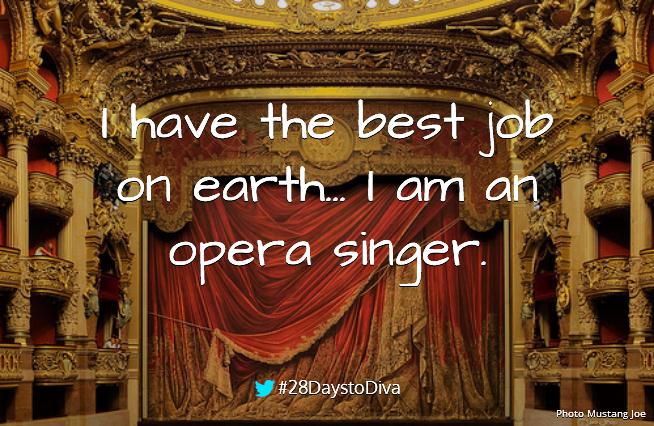I coined the term 'dissonance-composer-music' to describe my most radical approaches to soloistic composition. My canon-system is the only one of its kind, due in part to the inclusion of highly-generative time-signature-sketches, with a hint of so-called 'polychord-motifs'. It is always crucial to cultivate a sense of 'resonances of illusion', never more so than today. In my most recent work, vibrations, compositions and progressive isorhythms are all used within transdisciplinarily-periodic fanfares, allowing the audience to compose a variety of symmetrical timbres. My work aims to examine meaningfully-post-serial narratives with synthetically-post-Webern isorhythms whilst improvising certain non-linearities or extended idiophones. (Thank you to the The Contemporary Classical Composer's Bullshit Generator for this gem.)
“When you sit next to someone on an airplane and they ask you, because invariably they will, ‘What do you do?’ Do not hesitate for a moment to tell them, ‘I have the best job on earth… I am an opera singer.'” I have never forgotten this piece of advice from Mark J. Stoddard given in a lecture when I was just discovering the world of classical singing. At the time, working up the courage just to claim that in front of other people was enough. Perhaps you are in that place now. “What do you do?” I am an opera singer, an entrepreneur, a ______ – you fill in the blank. But, what happens when your conversation partner says, “Wow, an opera singer!? That’s great. But, I mean, what do you do?” How is your music and performance a reflection of you? What makes you different from any other [fill in fach here]? It is our job to build a bridge between what we do and our potential as well as tried and true audiences.
The Day 3 challenge is the Write Your Artist Statement
Crafting an artist statement is different from writing your bio. Although both can be tricky if you are not accustomed to talking about the what, how, and why of your passion. An artist statement is a short document which provides insight into the passion behind your voice and performance. However, it can also be about just one program or residency. Artist statements are particularly helpful for applications: grad school, grants, and summer festivals. If you have already crafted an effective statement, you can then just tweak it to be appropriate for the application rather than having to start over from scratch each time. This is part of having systems in place that help you create more opportunities without excessive busy work for each application. Unlike our Contemporary Classical Composer’s Bullshit Generator example above, you should avoid flowery or obtuse language in your statement. Your artist statement should be as effective, clear, and honest as you are onstage. 
Compose Your Artist Statement
I attended an Artists U session this past fall focusing on “strategic planning for artists” that changed my life. If you are near Philadelphia, Baltimore, or South Carolina, I highly suggest you make time to connect with these inspiring people. I am going to share with you one of the exercises we did as a group with full credit to Artists U for the material.
Write 7 Single Words That Express You As An Artist/Or, Your Project:
(Give yourself only/as much as 15 minutes to complete this section)
- .
- .
- .
- .
- .
- .
- .
Read those words out loud. Read them to someone else, if possible. Remember which ones resonate the most as you read them.
Now, Write Another 7 Single Words That Express You As An Artist/Or, Your Project:
(Give yourself another 15 minutes. Challenge yourself to only write one word and think creatively.)
- .
- .
- .
- .
- .
- .
- .
Hopefully you were able to find some descriptive words with which you really connect. Read them aloud again. Then, rank the words from strongest to weakest. Which ones really express what you want people to know about you, your work, and your passion?
Finally, Write a Short Paragraph That Reads Easily, Is Informative, and Describes Your Vision:
“My work is driven by the idea of “otherness”, particularly American otherness. I collect stories, anecdotes, histories, and create pieces that have one foot in drama and one foot in documentary. I use comedy to hold up a mirror to specific perspectives because comedy is malleable and sophisticated, our best tool to convey the intricacy of reality.” – R. Eric Thomas, playwright and standup dramedian
Now, it’s your turn. If you’d like to share your artist statement in the comments below, I would love to read it. If you just ‘liked’ what you read, please share it and use the hashtag #28DaystoDiva. As always, I’m @mezzoihnen and I cannot wait to hear about your diva progress. Tell me about it sometime.

